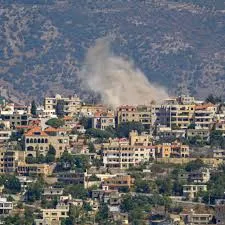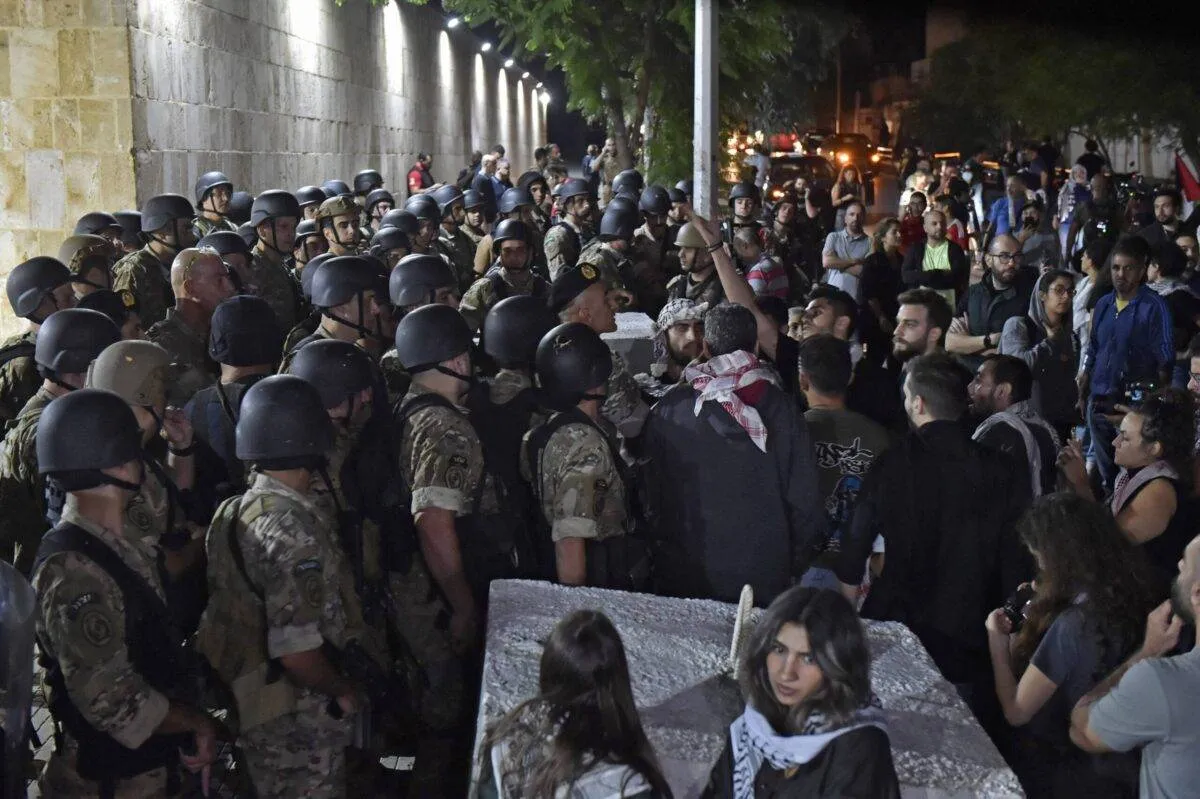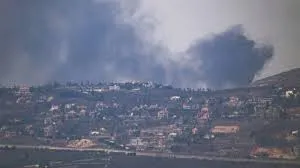
France Urges Citizens to Leave Lebanon Amid Escalating Israel-Hezbollah Tensions
In light of potential conflict escalation between Israel and Hezbollah, France has urged its citizens to leave Lebanon “as soon as possible.”

“Given the very unstable security situation, we reiterate that commercial flights, including direct and transit flights to France, are still operational. Therefore, we urge everyone to arrange their departure from Lebanon as soon as possible,” the French Foreign Ministry advised today.
French Nationals in Lebanon
France estimates that approximately 23,000 French nationals reside in Lebanon, with an additional 10,000 visiting the Middle Eastern country in the past month. The French Foreign Ministry also recommended against traveling to Lebanon amid the growing tensions. Earlier, on August 2nd, France similarly advised its citizens to leave Iran as soon as possible.
Warnings from Other Nations
The United States and the United Kingdom had already advised their citizens to leave Lebanon days before, citing the high levels of tension and the potential for rapid deterioration of the situation. On August 3rd, the U.S. Embassy reiterated that citizens should leave using “any available tickets, even if the flight does not depart immediately or follows a less preferred route.”
Regional and Global Responses
Poland has advised its citizens to avoid traveling to Iran, Israel, and Lebanon, while Sweden has closed its embassy in Beirut.
Hezbollah and Israel’s Escalating Conflict
Hezbollah leader Hassan Nasrallah declared on August 1st that the group’s decades-long conflict with Israel had entered a “more dangerous new phase.” This statement followed the death of Nasrallah’s right-hand man, Fuad Shukr, in an Israeli airstrike in Beirut. In retaliation, Hezbollah launched dozens of Katyusha rockets into Israel in response to Israeli strikes on southern Lebanon.
Rising Threats and International Tensions
Iran and its allies have also threatened strong retaliation against Israel following the assassination of Hamas political leader Ismail Haniyeh in Tehran, although Tel Aviv has not claimed responsibility. Israeli Prime Minister Benjamin Netanyahu stated that Israel is prepared for all scenarios, “both defensive and offensive,” raising fears of an impending full-scale war in the region.

Call for De-escalation
Many countries have called for de-escalation, emphasizing the need for a ceasefire in Gaza. However, the conflict in Gaza remains intense. On August 3rd, the Israeli military bombed a school in Gaza City, currently used as a shelter for refugees, resulting in 17 deaths. Israel claimed the target was a Hamas command center within the complex.



